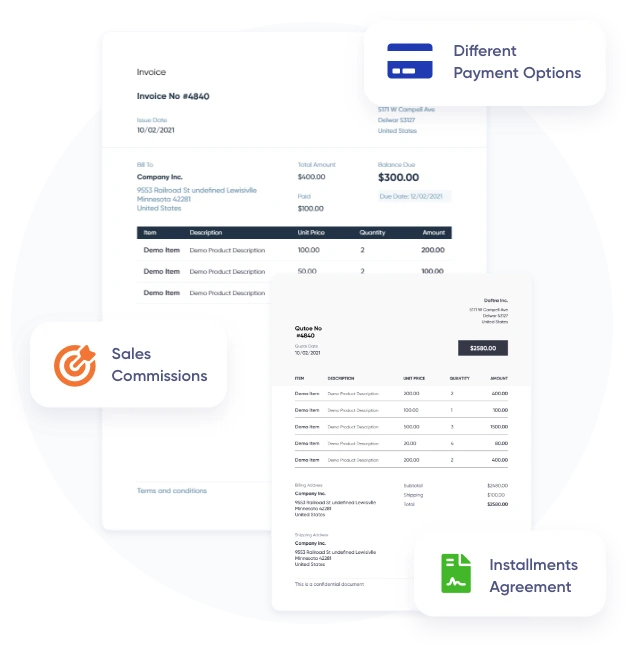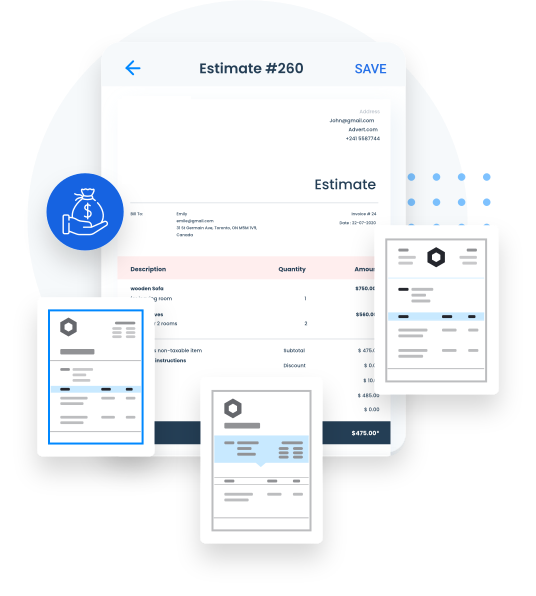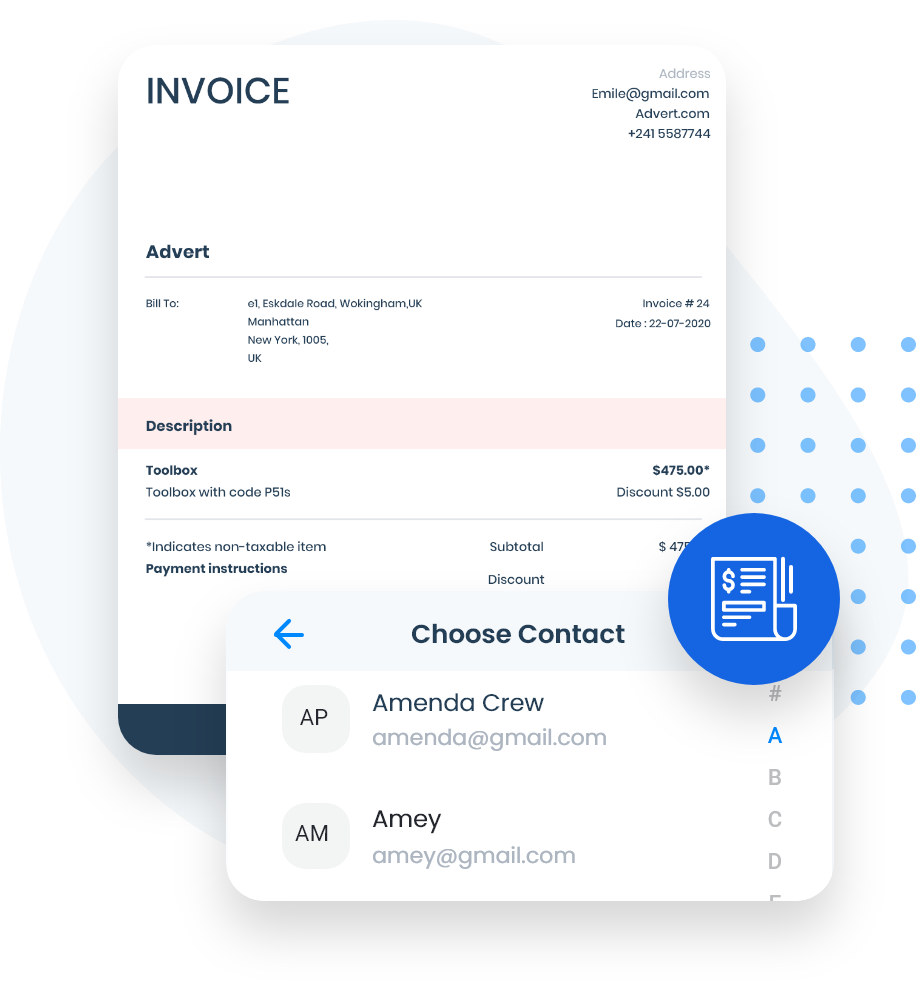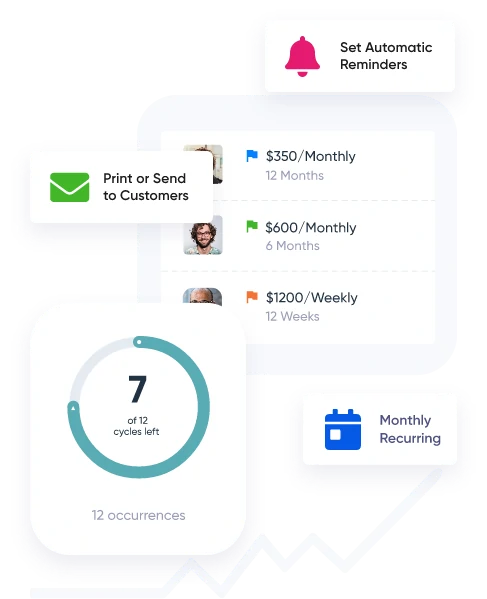Free Accounting Software join now!

Proforma Invoice Services to Simplify Your Business
An estimated invoice, also commonly referred to as a proforma invoice or a preliminary invoice, is a document that outlines the anticipated costs of goods or services that will be provided to a client or customer. It serves as an initial quote or proposal before the actual work or transaction takes place. Estimated invoices are often used in situations where the final details of the transaction are not yet confirmed but a preliminary agreement is needed.
Preliminary Quote
An estimated invoice provides an estimate of costs for products or services that a client or customer is interested in purchasing. It outlines the prices, quantities, and other relevant details.
A preliminary quote is an initial estimate or pricing provided by a seller or service provider to a potential customer. It is typically offered before a detailed analysis or assessment of the customer's specific needs or requirements. Preliminary quotes are often subject to change based on further discussions, negotiations, or a more in-depth evaluation of the project or product. They serve as a starting point for pricing discussions and help both parties gauge the potential cost or scope of a project or purchase.
TRY IT FREE

Details Included
An estimated invoice typically includes the description of the goods or services, unit prices, quantities, subtotal, any applicable taxes, and the total amount due.
Pricing
The estimated cost or price for the product or service. This can be a single total price or a breakdown of costs, such as itemized expenses, labor, materials, and any applicable taxes or fees.
Validity Period
The period during which the quote is valid. Prices may change over time, so this indicates how long the quoted price will be honored.
Terms and Conditions
Any specific terms, conditions, or limitations associated with the quote. This may include payment terms, delivery schedules, warranties, and return policies.
Payment Terms
The payment method(s) accepted and any specific terms related to payment, such as payment due dates or installment plans.
Transparency
Providing an estimated invoice upfront demonstrates transparency in pricing and helps build trust with clients.
Transparency is the quality or state of being open, honest, and easily understood, with information and actions that are readily accessible and visible to others. It involves clear and open communication, accountability, and the absence of hidden agendas or undisclosed information.
Transparency promotes trust, accountability, and ethical behavior in various sectors of society. It allows individuals and organizations to make informed decisions, fosters a sense of fairness, and helps prevent corruption or unethical practices.


Client Communication
Estimated invoices facilitate clear communication between the seller and the client about the financial expectations of the project.
Relationship Building
Nurturing positive relationships to foster loyalty and long-term partnerships.
Status Updates
Keeping clients informed about the progress of their orders, projects, or inquiries.
Issue Resolution
Addressing client concerns, questions, or problems promptly and effectively.
Feedback Collection
Seeking and gathering feedback from clients to improve products or services.





